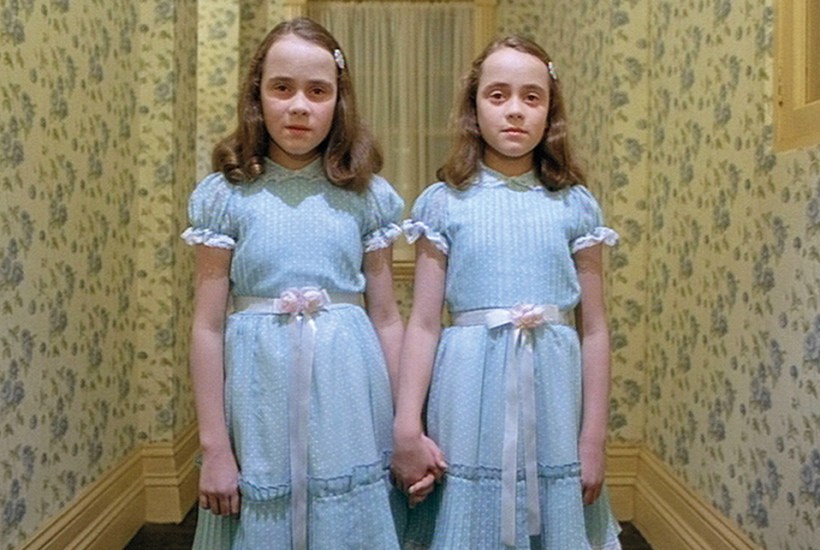The haunted hotel. It’s a definite thing, isn’t it? From Stanley Kubrick’s classic The Shining to the slightly less classic I Still Know What You Did Last Summer, the hotel with an unwanted and probably long-dead guest is a leitmotif in scary cinema. It can also be found in poems, plays, novels; possibly the first novel on the theme is literally called The Haunted Hotel, it’s by Wilkie Collins and it is set in, yes, Venice.
Already a subscriber? Log in
Subscribe for just $2 a week
Try a month of The Spectator Australia absolutely free and without commitment. Not only that but – if you choose to continue – you’ll pay just $2 a week for your first year.
- Unlimited access to spectator.com.au and app
- The weekly edition on the Spectator Australia app
- Spectator podcasts and newsletters
- Full access to spectator.co.uk
Or
Unlock this article
You might disagree with half of it, but you’ll enjoy reading all of it. Try your first month for free, then just $2 a week for the remainder of your first year.








Comments
Don't miss out
Join the conversation with other Spectator Australia readers. Subscribe to leave a comment.
SUBSCRIBEAlready a subscriber? Log in